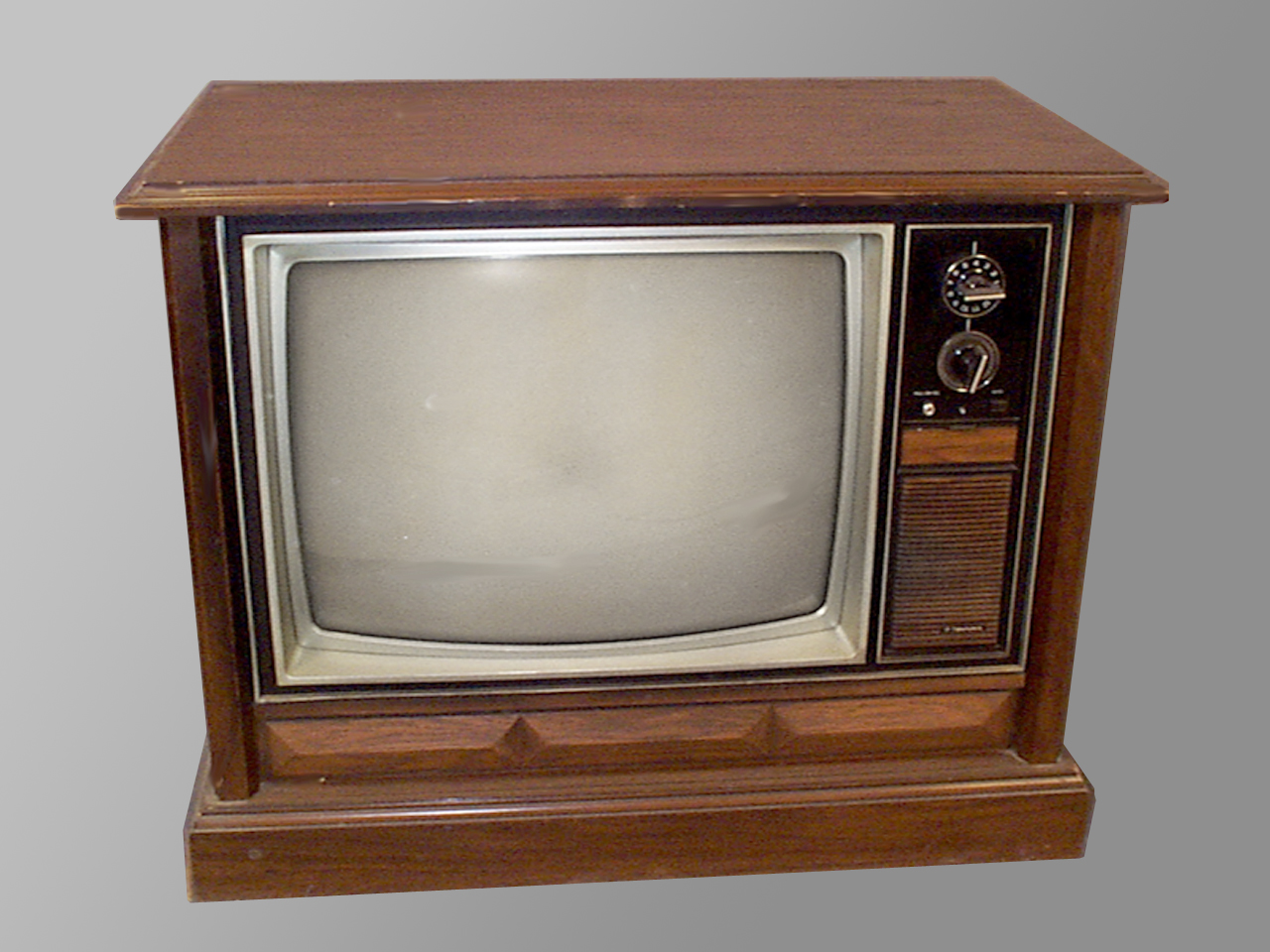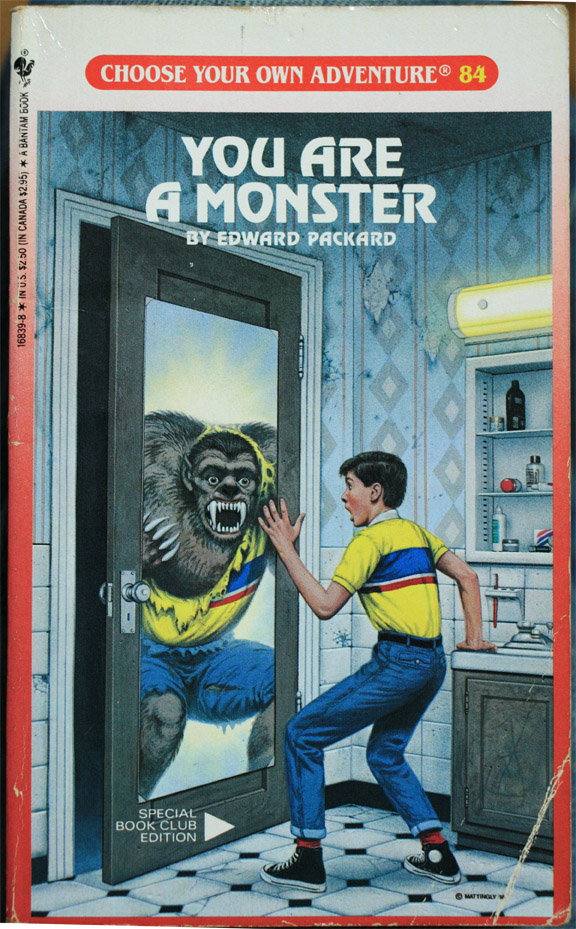We're in the second week of the 2015 Summer Library Series, where each Thursday brings us a new writer reflecting on his or her childhood in the library. This week, we're moving from a branch library in Philadelphia to a mobile library in Washington State.
Dedicated readers of the series may remember a travelling library in England that we learned about in the first season in Dan Powell's piece, "The Library Delivered." This week's installment will change the landscape where the books travelled, but not the pleasure of finding them when they stopped. Please enjoy Maya Jewell Zeller's memories of the mobile, rural Washington lending libraries. Enjoy!
Dedicated readers of the series may remember a travelling library in England that we learned about in the first season in Dan Powell's piece, "The Library Delivered." This week's installment will change the landscape where the books travelled, but not the pleasure of finding them when they stopped. Please enjoy Maya Jewell Zeller's memories of the mobile, rural Washington lending libraries. Enjoy!
 |
|
"No longer in service, this
old TRL bookmobile now resides on private property
just south of Amanda Park,
Washington. Photo taken 19 Dec 2011. Library Service to this area of rural
Washington is now provided by the Amanda Park branch of Timberland Regional Library."
Used under CC license |
On
Libraries and Vans: a Western Washington Pastoral
By Maya
Jewell Zeller
Where my family lived
wasn’t a town. It was a series of backroads off Rural Route 4, a river bend
tourists would have driven past—or did—if it wasn’t for their interest in the
covered bridge, promised like a Meryl Streep movie, if you take the turn indicated
and head down the hill, past the tangle of maple and alder, sword fern and salmonberry, through the field of hay grass and thistle with the nettled edge.
I didn’t know what a RomCom was, or really much about
American culture beyond our valleys. But once a week, my mother took us to the
library van in Naselle, a fifteen-minute drive from where we lived. I thought
of that van the way I imagine some kids in cities might have anticipated the
ice cream truck—at first, with excitement over their new flavors; I could
almost taste the books, their potential—and soon, with familiarity, having had
every kind, intoning which I would choose based on my mood, the color and
definition of clouds. It wasn’t long before I had read every children’s book in
the van, and moved on to YA, and then adult.
The van of books was part of the Timberland Regional Library System (TRLS). TRLS libraries serve the five Southwest Washington
counties Grays Harbor, Thurston, Mason, Lewis, and Pacific. In the late 1980s,
before TRL expanded to the 27 libraries they have today, they utilized
Bookmobiles—vans stationed in the rural-est of rural communities so children like
me could check out books, add to their growing understanding of the tangible
world.
The library van was a small castle of knowledge,
imagination, possibility. Like my natural library of plants, it held both
familiarity and the promise of something beyond that familiarity. So, when I
think of libraries, I think of vans. I think of my other kind of “library
van”—the kind that happened when my family left the valley I knew and drove
away in a VW bus made up like a small home on wheels, traveled every couple
months to make a little cash so we could keep paying our cheap ($150/month)
rent, keep living in the old farmhouse with the bathtub falling through the
floor and the fields and fields and brambles and sky and river.
*
 |
| "Willapa Hills" by Emily Geddes, Used under CC license |
I’m ten. It’s summer,
or more specifically, a summer-like fall. Our parents have pulled us from
school again, and I’m at a library in Winlock, in Raymond, in Shelton, in Elma,
in Hoquiam. It doesn’t matter which one. Whichever it is, I know this library.
They are all over Southwest Washington, in all the rural towns of the Willapa
Hills. My mother and father leave my sister and me at the library, a natural
babysitter, while they re-cover billiards tables.
For an hour or so, we sit obediently in the stacks,
reading children’s books to one another, exploring the magical realms of
endless language. But we’re children, and we wander . . . like our library van,
searching for more library vans, searching for curious lands, our hands curious
and searching for curiosities.
In one town, we find a bank with a fountain.
The fountain is full of coins!
What a joy for two children whose books are loans, whose
toys are whistle-grass and bull thistle, who live sometimes itinerant van
lives. We gather the coins into our pockets—shiny quarters, coppery pennies
like a river gleam, like lit seeds on an unmowed hay field, dimes, nickels—our
pockets full, we pitch some back and wink at the drive-through attendant who
barely believes our kindness to return what we’ve rightfully found: her mouth
open in surprise at our generosity!
Rich as queens, we duck into gift shops, buy plastic
boats, books, in a thrift shop a paper bag of lingerie for one dollar—from the
fill-a-bag-for-a-buck bin—and parade back to the bank with our boats and our
extra change we throw back in coin by coin. We wish and wish and wish and wish
for more.
I wish for a library building, a book castle. I wish for
a frosted cookie.
This is our library of monetary wealth: a bank fountain,
from which we liberate what we can, give back what we don’t use.
In another town, we are
to wait in the van. Our parents are in the tavern, and we have little toy
bears, our snacks, our books, the libraries of our imaginations. We leave it
all, except our brains. Behind us is a river, we can hear it, but we have to
navigate a steep slope lush with maples and alders, we have to scramble down to
reach the bank, a rock bar where we hop among the boulders looking for ones
where our little hips will fit. We settle on some granite lumps from which we
can see the other shore—not more than thirty feet across the river, where a
more silty/sandy gravel bar juts out in a wide arc just below the field above.
Nothing happens. We sit, we watch the river move around
its rocks.
It is as if we are thinking of which book to
choose—looking at the opposite shore, not even scanning, really—when we feel
the earth begin to vibrate, nearly imperceptible at first, so neither of us
speak of it, then noticeable, our bodies humming with the hum and us turning
toward each other, then loud like thunder and across the river a cloud of dust
and golden moving gods, their hooves and the hum and the air dust we can now
taste, its chalky presence, the cloud of these animals’ bodies—a herd of wild
horses, honey colored palominos coming down the bank, the water splashing,
their bodies unaware of us, fixed points, the whole library of horses we are
inside for only a moment, really, before it moves on, and is gone, and we
hardly believe it has been there at all except we’ve both witnessed—been
witness to, been one with, the spirit-rich reality of it. The kind of event
that, had you been alone, you wouldn’t whisper a word of to anyone, for fear it
wasn’t real, or sharing it would make it less so.
I still think of that as one of the most visceral moments
of my life, the Wordsworthian library of that moment, in which all my senses
were alive, and I knew nothing.
My mother learns from the owner of the tavern that a
family owns and keeps the land so the horses can live there. Later, I check out
a book from the library, read about wild horse herds and how they are in danger
in the west, all over America. This herd is an anomaly.
But no amount of information competes with the duende of
that moment when the wild horses were around me, or the monument my memory has
made of it since.
In the early 1990s, the rural town we then called home—where we’d had the grace of a Bookmobile—replaced the van with a funded, fixed
library building. But I still think of the van where first I worked my way
through the picture books, young adult novels, moved on to “gardens,”
eventually went off to college, where the century-old building was bricked and
cavernous and unmovable by wheels, and smelled of musty carpet-bag couches and
unwatered spider plants.
And, later, and now, with digital technology, I know I can access the world--but still when I visit a library, online or in person, I imagine it as a van full of colorful spines, stopping in the closest town, and me inside—filling my bag with books I'll then haul in our van around our little corner of the state, the state another library itself, and me a librarian, cataloguing plants and coins and wild horses and all the viscera into their little shelves of memory.
And, later, and now, with digital technology, I know I can access the world--but still when I visit a library, online or in person, I imagine it as a van full of colorful spines, stopping in the closest town, and me inside—filling my bag with books I'll then haul in our van around our little corner of the state, the state another library itself, and me a librarian, cataloguing plants and coins and wild horses and all the viscera into their little shelves of memory.
*
Maya Jewell Zeller
is a poet living in Spokane, WA. Her first collection, Rust Fish, is available from Lost Horse Press. Her chapbook, Yesterday, The Bees, will be published by Floating
Bridge Press this autumn. She is the
fiction editor at Crab Creek Review and teaches at Gonzaga University. She runs
a reading series, leads workshops, gardens, and raises two children with her husband, Chris. You can enjoy these poems, "Astoria" (The Florida Review) and "My Grandmother's Cow" (Rattle). To read and learn more, visit her website: mayajewellzeller.wordpress.com/
Books by authors in the Summer Library Series will link directly to author-friendly sites, such as the press itself or to the international library search engine, Worldcat.org. Please support small publishers, independent bookstores, and our libraries.

















